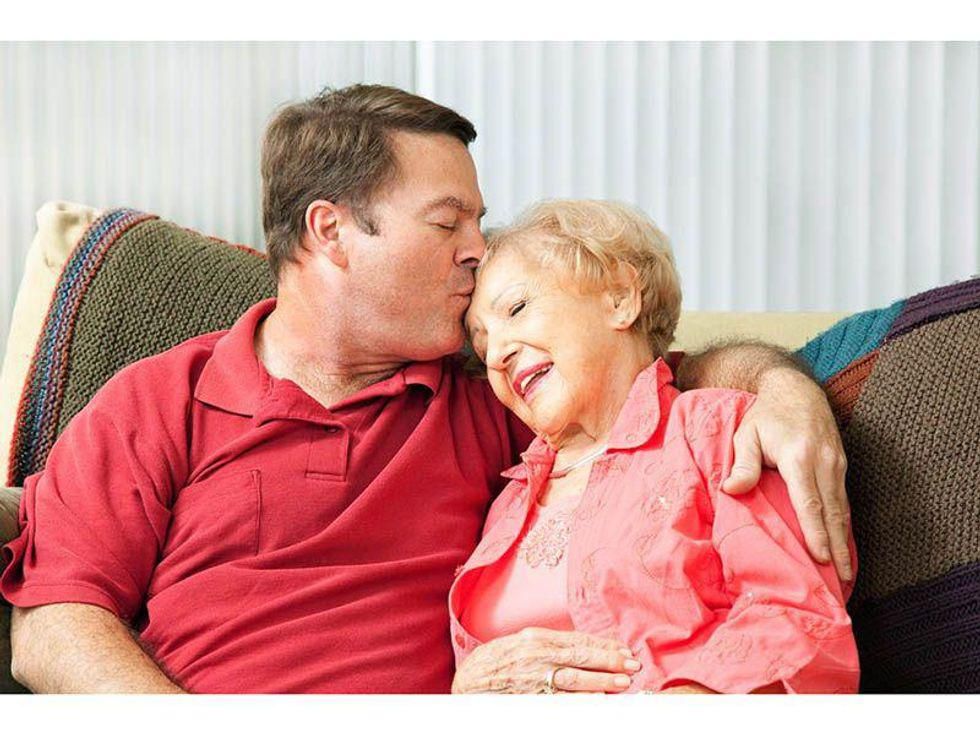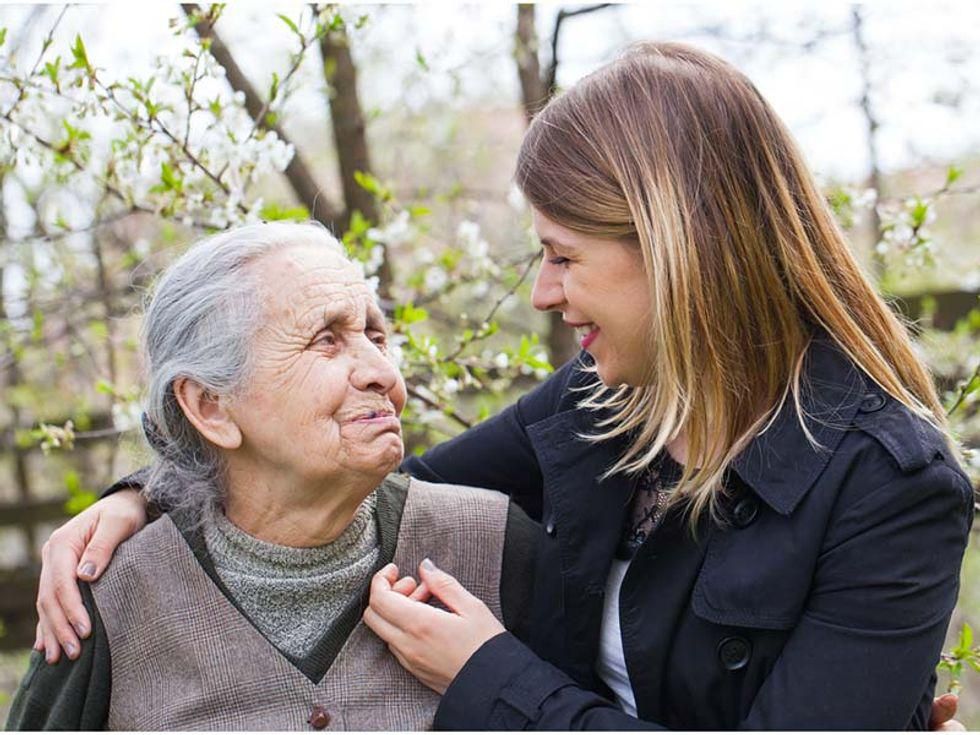
Florida reached another grim milestone on Sunday when it broke a previous record for COVID-19 hospitalizations that was set before vaccines were available. The new hospitalization record came a day after the state recorded the most new daily COVID-19 cases since the start of the pandemic, the Associated Press reported. As of Sunday, Florida had… read on > read on >


















